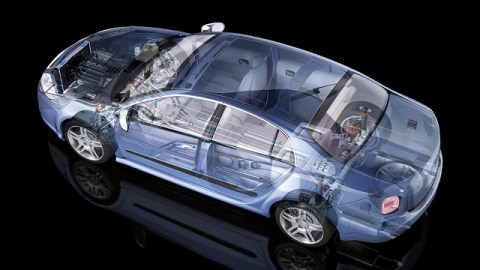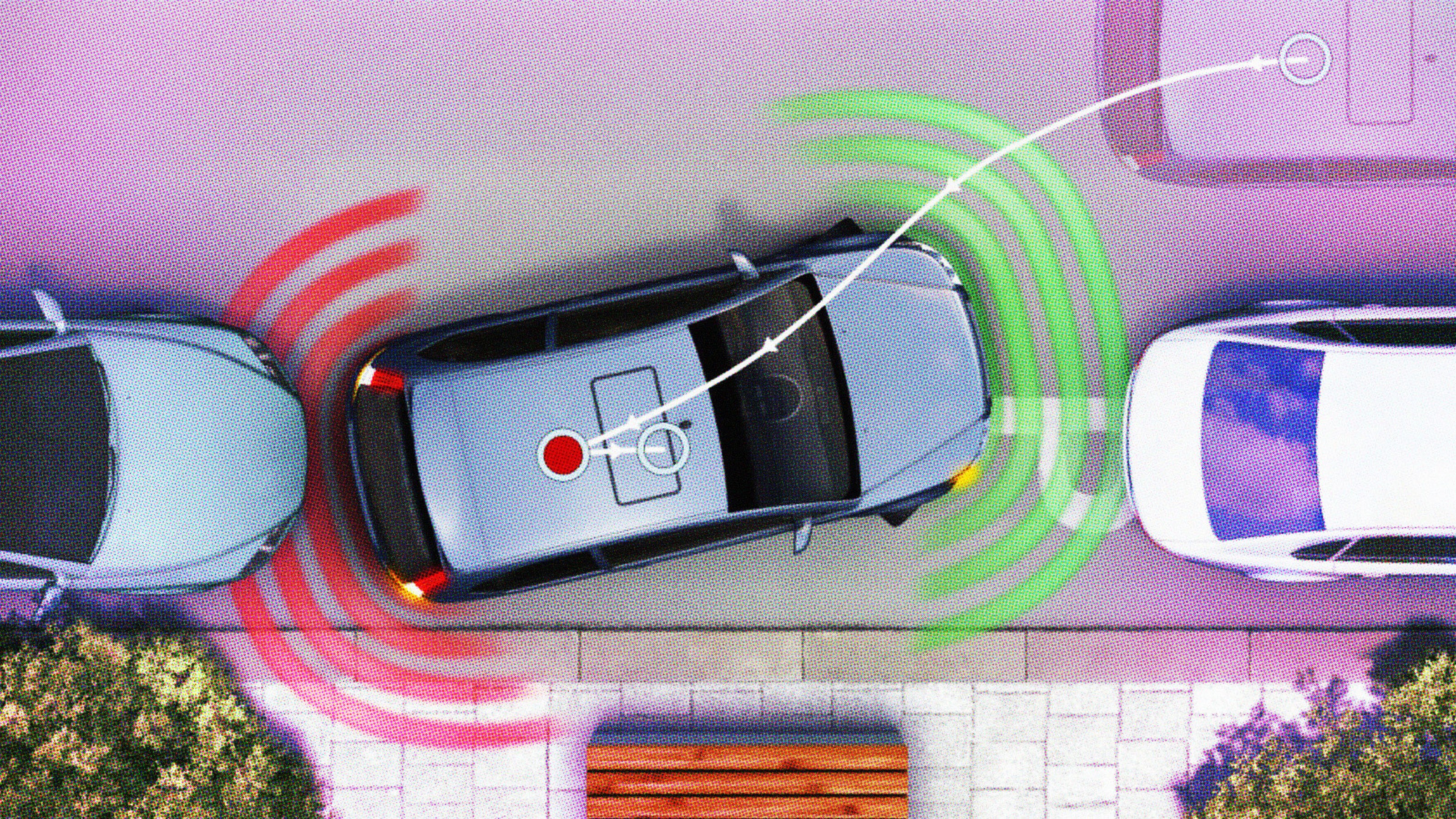Why Automobile “Black Boxes” May Become A Lot More Common

What’s the Latest Development?
On Friday, the National Highway Traffic Safety Administration (NHTSA) proposed that automobile manufacturers be required to install event data recorders — “black boxes” — on all new light cars and trucks starting September 2014. However, many have been quietly including them for years, with some doing so since the early 1990s. Interestingly, they weren’t required to mention the inclusion of black boxes in the owner’s manuals until three months ago. Current black boxes being installed must collect at least 15 different types of data, and the NHTSA is proposing that future versions collect as many as 30 more.
What’s the Big Idea?
Information that helps identify the cause of accidents is obviously useful for investigators, especially when problems are affecting particular makes of cars, such as the Toyota vehicles that experienced acceleration issues a few years ago. Some safety advocates feel that the real-world data provided by black boxes is the only sure way to know how best to design safer cars. Privacy advocates, fearing that the data could be misused, recommend that more usage regulations be implemented before making the NHTSA proposal into law. One says, “[W]e’re in an environment where there are no rules, there are no limits…Most people who are operating a motor vehicle have no idea this technology [is here].”
Photo Credit: Shutterstock.com




